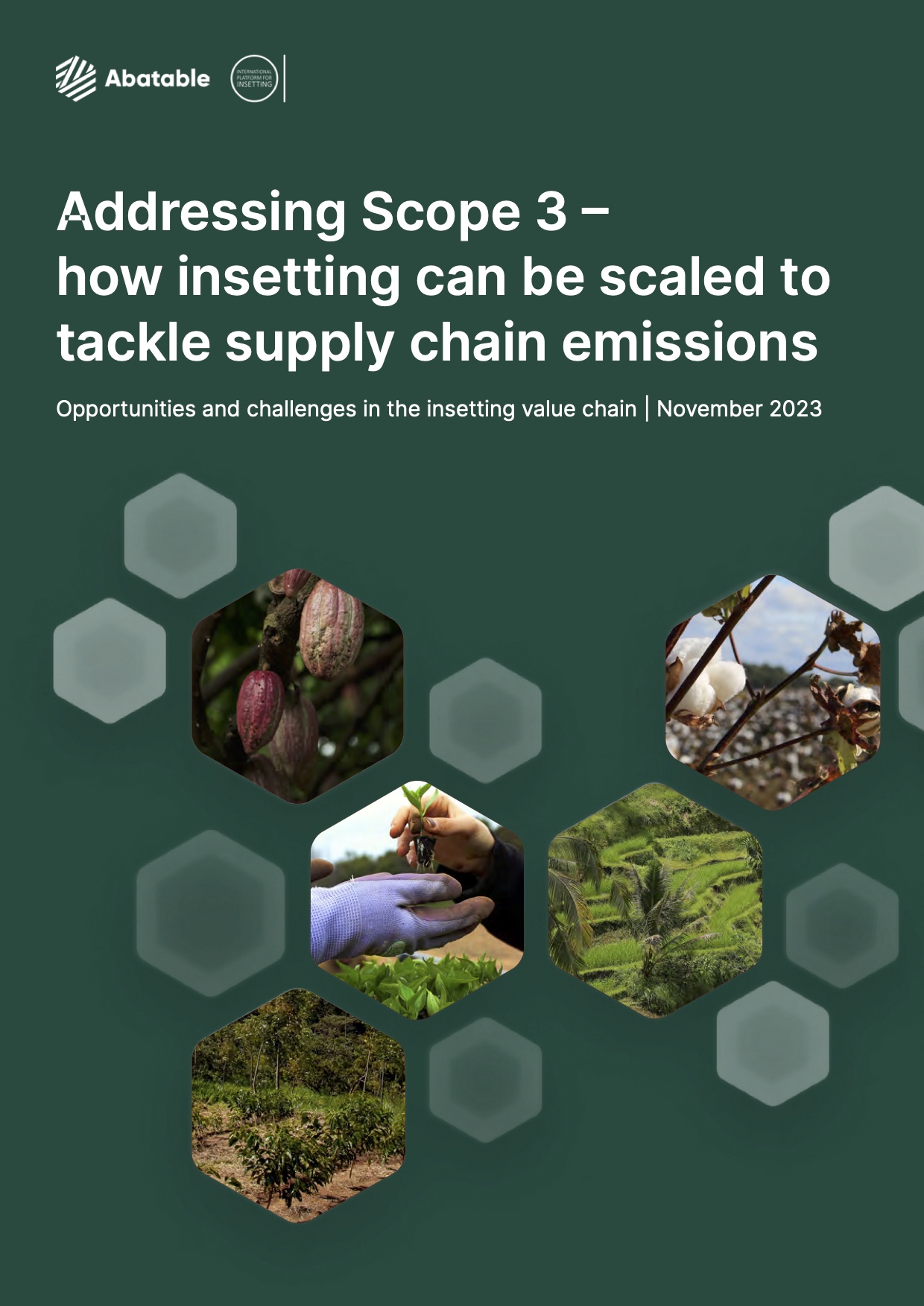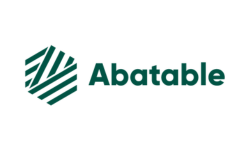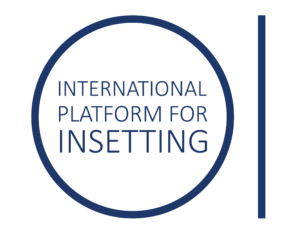Addressing Scope 3 – how insetting can be scaled to tackle supply chain emissions
Opportunities and challenges in the insetting value chain

In the ever-evolving landscape of corporate sustainability, insetting has emerged as a promising approach for companies to achieve their climate and nature targets. The practice provides companies with an avenue to drive carbon reductions and removals within their supply chains and harmonise their operations with the ecosystems they depend upon.
This report presents the findings of 20 qualitative interviews with project developers and broader industry stakeholders on insetting – often also referred to as in-value chain interventions – and the practice’s associated opportunities and challenges. The research was collaboratively conducted by the International Platform for Insetting and Abatable. Interviews focused predominantly on the agriculture and food sector, however, the report’s learnings are also applicable to other sectors.
The report finds that alignment is sorely needed on insetting best practices and the associated claims companies can make towards their overall emissions-reduction targets. This is critical as many businesses are moving towards insetting as a climate solution amidst increasing public scrutiny over their net-zero plans.
Get engaged and join our Insetting Academy
We have developed an exciting programme of educational practitioner webinars and masterclasses that build on our Practical Guide to Insetting to help inform strategic decision making. The programme is designed for sustainability professionals at every stage of their insetting journeys, from beginners to experienced practitioners.

“An incredible amount of work is going into developing insetting as a trusted decarbonisation practice. But we need to accelerate climate and nature-positive action and key challenges remain, especially around emissions double counting and boundary setting. We expect to see critical steps forward on these issues in 2024. As our report demonstrates, project developers in the voluntary carbon market can also play a fundamental role by transferring their knowledge to this growing market to enable a positive future for climate, nature and people.”
Pauline Blanc, Policy and Advocacy Lead, Abatable

“Accelerating investment in credible insetting projects is critical to addressing the dual climate and nature crisis but, for this practice to scale, further convergence and alignment between standards, guidance, and data providers on insetting principles and best practices is urgently needed.”
Michael Guindon, Executive Director, IPI
